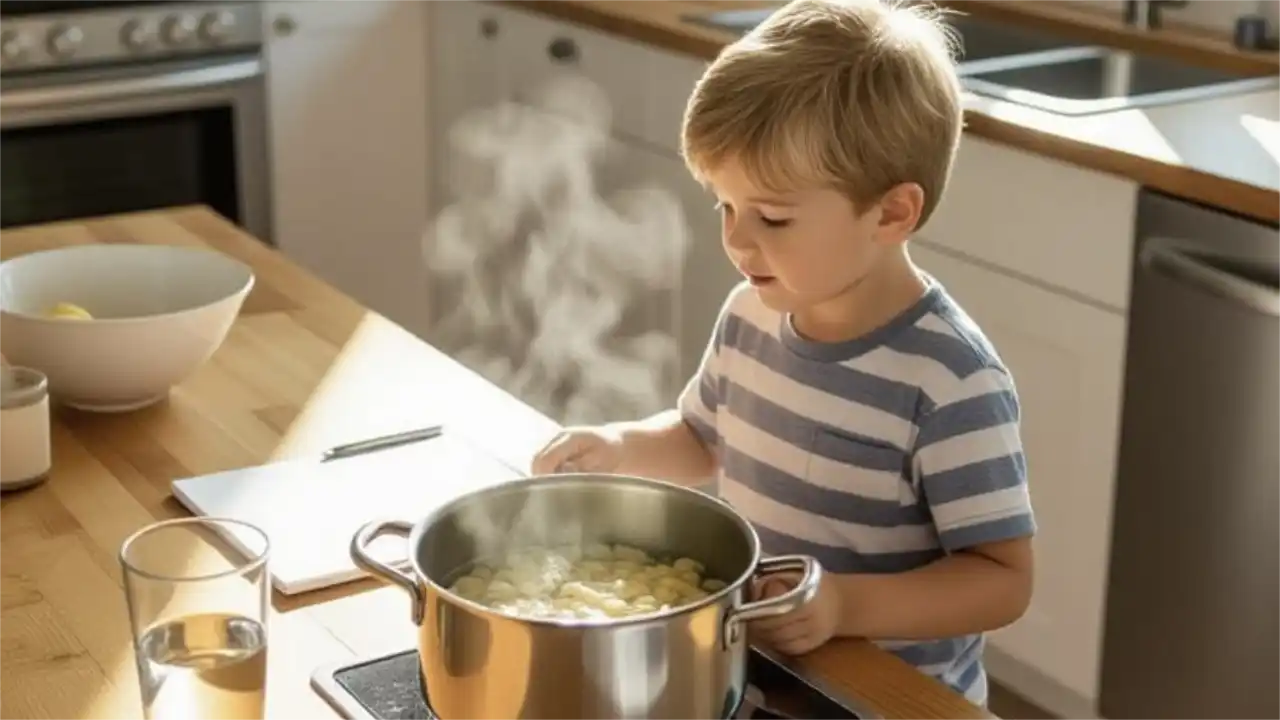
Love for Learning: Test with Science
W
hen children see you testing an idea instead of just accepting it, they learn something far more valuable than a fact—they learn to trust inquiry. Science isn’t only about formulas or lab coats. It’s about asking, “What would happen if…?” and being willing to find out. That mindset starts at home, in the smallest of moments: noticing how shadows stretch, wondering what salt does to ice, or checking whether a plant leans toward the light. You don’t need a plan—just the habit of poking at the world to see how it responds.
One afternoon, while boiling pasta, I asked my son why the water bubbled faster after we added salt. He shrugged, then guessed. Together, we tried it again with cold water. We didn’t consult a textbook—we just watched and asked and noticed. That moment wasn’t about chemistry; it was about awakening a habit. Now, when he hears something at school that puzzles him, he doesn’t stop at confusion—he gets curious.
Encourage this at home by wondering aloud. Test whether a paper plane flies farther when folded differently. See what happens when you mix two paints. Let your child guide the experiment—even if it’s messy or inconclusive. The point isn’t to get the “right” answer. It’s to build comfort with not knowing, and confidence that discovery is within reach. When science becomes a shared experiment, they learn to test their world with both rigor and joy.
Love for Learning

Love for Learning: Show Daily Zeal
Your energy influences your child’s inspiration. Model curiosity, joy, and steady enthusiasm to nurture their love of learning.
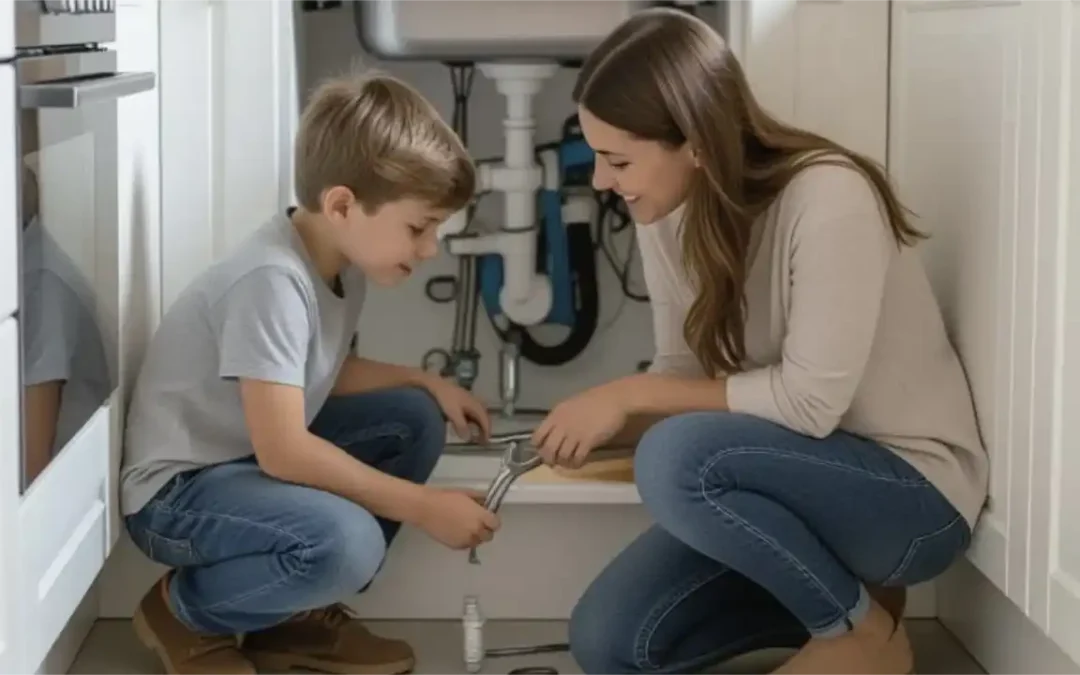
Love for Learning: Dive into Learning
Encourage enthusiasm and full engagement. When children dive into learning with curiosity and confidence, understanding grows naturally.
Table of contents

Primordial Soup for the Mind: Navigation
Navigate the book Primordial Soup for the Mind.
TIPS
- Let your child guess before offering explanations.
- Treat mistakes as steps, not failures.
- Use simple observations as opportunities to wonder together.
ACTIVITIES
- Kitchen Test: Try changing one ingredient in a recipe (e.g., add salt to one pot of water, not the other). Ask, “What changed?”
- Object Drop: Drop two items from the same height. Ask, “What do you expect?” then test and talk it through.
EXAMPLE
My son saw bubbles rise faster when we added salt to boiling water. We tried different versions together and compared. It wasn’t a science lesson—it was an afternoon of shared curiosity.

Download “Primordial Soup for the Mind: A Parent’s Guide to Nurturing Intellectual Growth”
Enter your information to get this article and hundreds more as part of the FREE book Primordial Soup for the Mind.
Share your thoughts with the Thought Academy community in the Comments section below.

Sharpen those skills!
Enter your information to get our FREE practice exercises so you can hone your critical thinking and reasoning skills!




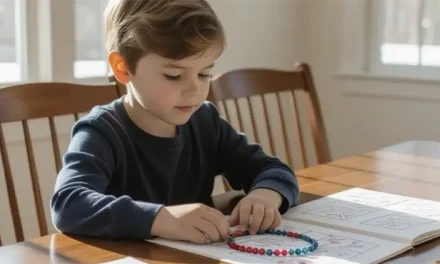
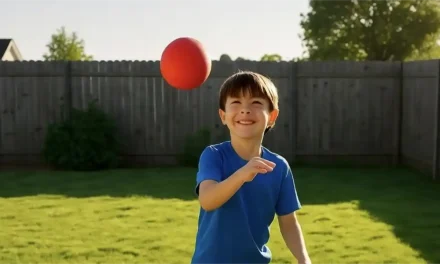
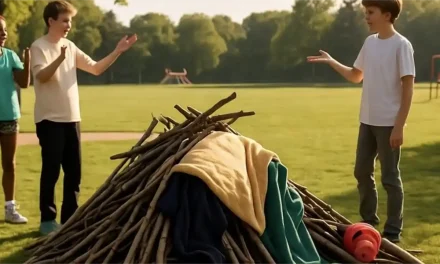
0 Comments